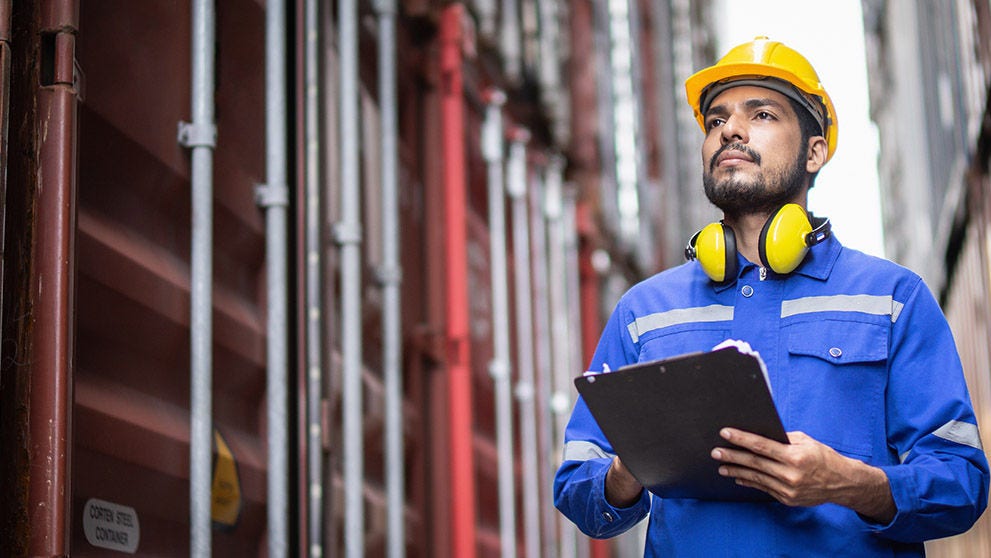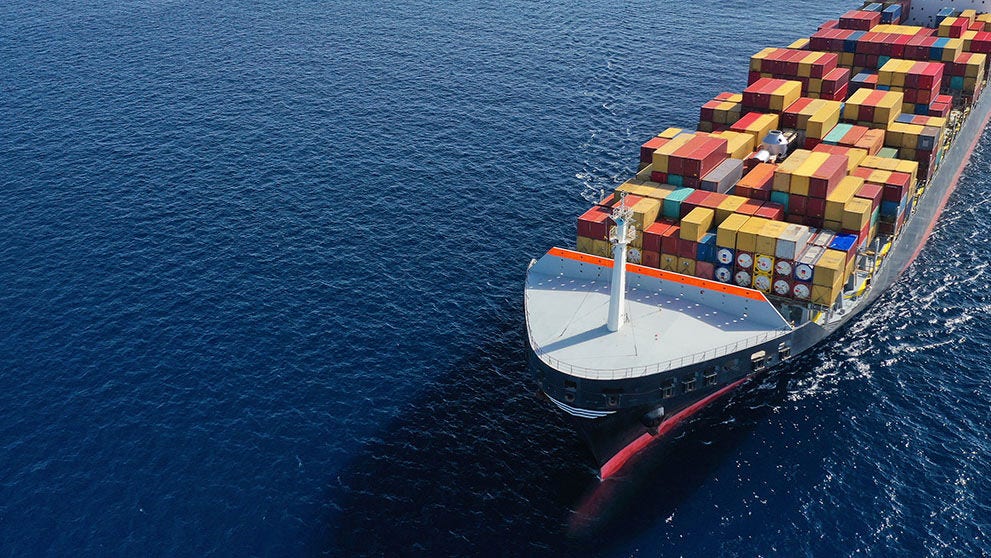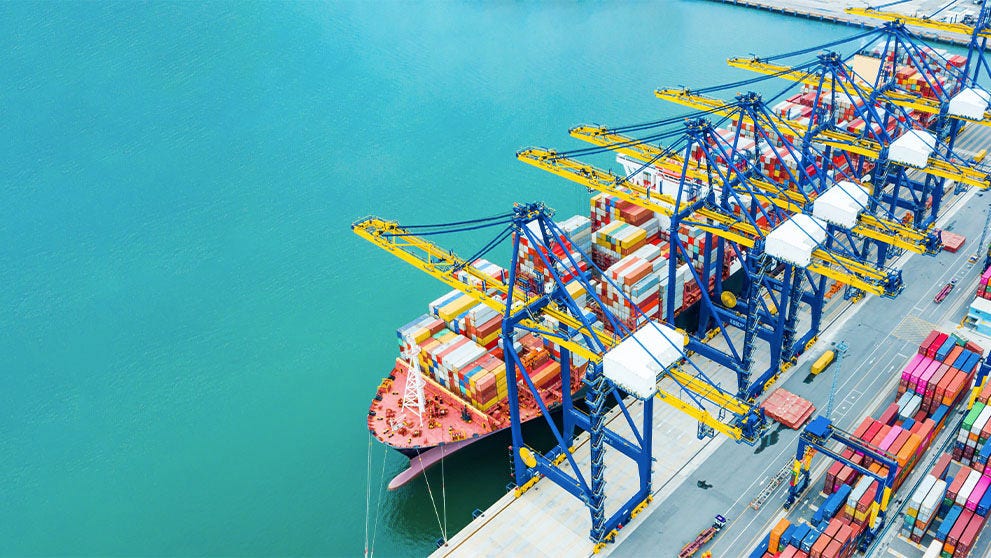
For many Nigerian entrepreneurs, the anxiety that accompanies shipping and receiving goods is all too familiar. Delays can be costly, and constant concerns about the safety and timely delivery of your products can lead to sleepless nights. At times, you might wish you could personally handle the transportation of your goods, but you have a business to manage.
While some challenges may seem beyond your control, the good news is that many are not. This article will guide you on how to address these freight challenges that disrupt your peace of mind.
Common Freight Challenges in Nigeria
Poor Transportation Infrastructure: Nigeria faces significant logistical hurdles due to its inadequate transportation network. Bad roads, congested ports, and limited rail and air transport options can lead to delays and damage to goods.
High Transportation Costs: The high fees associated with transportation, coupled with additional charges for fuel, tolls, and taxes, can erode profits and increase operating costs.
Delays and Inefficiencies: Issues such as slow customs clearance, long waiting times at ports and borders, and limited warehousing options can result in damaged goods and delayed deliveries.
Lack of Transparency: Business owners often struggle to track shipments and obtain real-time updates. Poor communication from some logistics companies can add to the frustration.
Security Concerns: Growing insecurity in Nigeria poses risks to drivers, who may fall victim to armed robbers, bandits, hijacking, and theft. This can lead to significant losses due to damaged goods.
Limited Reliable Logistics Companies: The scarcity of trustworthy logistics providers makes it challenging to ensure the safe and timely delivery of goods. Some companies lack specialized services for handling fragile or special items, and trust issues with park drivers can complicate matters.
Complex Government Policies: Navigating government policies and customs regulations can be daunting for business owners. Corruption and bribery further exacerbate these challenges.

Steps to Overcome Freight Challenges in Nigeria
Here are some steps to consider when addressing freight issues in Nigeria:
Explore Alternative Options: Consider utilizing different transportation modes such as trains, planes, or ships. For bulk goods, trains can reduce transit time, avoid traffic, lower costs, and ensure faster delivery to customers.
Secure and Organize Your Goods: Use modern, secure warehouses to store and organize your goods. Implement inventory management systems to keep track of your stock and prevent losses.
Understand Government Policies: Gain a thorough understanding of government policies and customs processes. Consult experts to simplify complex regulations and ensure compliance.
Prepare for Unexpected Problems: Be prepared for unforeseen issues such as accidents or theft. Invest in insurance to protect your business against losses or damages.
Partner with an Experienced Logistics Company: Not all logistics companies are adept at handling goods in Nigeria. Partner with a company that has experience with fragile items and can navigate the complex transportation system. Ensure they offer digital tools for tracking shipments.
Continuous improvement of your logistics processes is crucial to staying ahead of the competition and enhancing customer service.

DHL: The Solution to Your Freight Challenges
A reliable logistics partner can significantly reduce your stress by adeptly handling complex customs regulations, navigating routes for faster delivery, and offering competitive prices to lower costs and boost income.
Partner with a trusted logistics company like DHL. DHL excels at managing goods within Nigeria and experienced in traversing the country's challenging roads. DHL’s digital tools enable you to track your shipments in real-time, providing visibility into the status and location of your goods.
Open a business account with DHL today to enjoy specialized logistics services tailored to address your freight challenges. This partnership will allow you to focus on growing your business and increasing your profits.
























